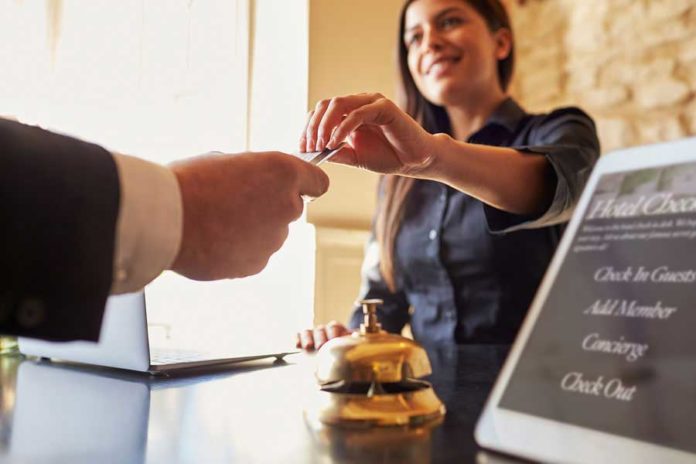A new study by the University of Eastern Finland shows that numerous travelers are individuals from various loyalty programs, and the job of these projects is frequently inconsequential while choosing between various hotels. Visitors use such programs when it’s helpful and when they offer moment livens and remunerates.
Generally, loyalty programs are viewed as a standout amongst the most ideal approaches to building client loyalty and flow. Numerous travel industry segment administrators – and numerous hotel chains specifically – have their own faithfulness programs.
These projects look to improve consumer loyalty and to submit clients to a solitary chain or organization. Prior investigations have demonstrated that loyalty programs can be advantageous for inns, yet they should be structured correctly.
The examination found that business and leisure travelers have fundamentally unique inclinations with respect to the perks and rewards offered by loyalty programs, and their inclinations were likewise influenced by travel recurrence. The more leisure travels an individual attempts every year, the more imperative the dimension of the room moves toward becoming.
For continuous business voyagers, then again, advantageous areas and great client audits are less imperative than for occasional business travelers. Besides, leisure travelers swing to loyalty programs for instant rewards, while business voyagers will in general amass liven over a more extended timeframe.
Research Manager Juho Pesonen from the University of Eastern Finland said, “Our findings highlight the importance of designing loyalty programs for different traveler types. Business travelers look for different things than leisure travelers, and those traveling a lot look for different things than those traveling less frequently. Loyalty programs should be designed to cater to the needs of frequent travelers. This way, it is possible to avoid a situation where travelers sign up for multiple loyalty programs to get instant rewards.”
The results suggest that the chain should consider intangible and symbolic benefits (e.g. upgrades and late check-outs), which would cost less than discounts or other tangible benefits. The chain might also consider developing a customer community offering emotional benefits and an interactive forum for targeted marketing and customer involvement in service development.
